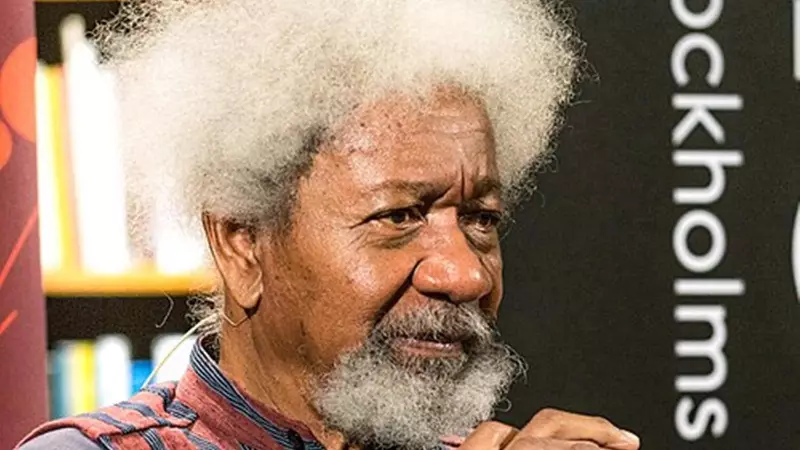
In a startling revelation that has sent ripples through literary and political circles, Nobel Laureate Wole Soyinka has disclosed that the United States government revoked his visa following his sharp criticism of former President Donald Trump.
The celebrated Nigerian playwright and essayist, who became the first African Nobel laureate in literature in 1986, described the experience as a form of "banishment" during an exclusive interview about his new memoir.
The Literary Giant's Political Stand
Soyinka, known for his unwavering commitment to human rights and political activism, didn't mince words when discussing the former US president. His candid criticism of Trump's policies and rhetoric apparently triggered the visa revocation, creating a significant barrier for the globally renowned intellectual.
"When you are prevented from visiting a country whose institutions you have been familiar with, whose people you have been familiar with, it's a kind of banishment," Soyinka expressed, highlighting the personal impact of this political decision.
A History of Political Courage
This isn't the first time Soyinka has faced consequences for his political positions. During Nigeria's civil war in the late 1960s, he was imprisoned for 22 months for attempting to broker peace. His lifelong dedication to speaking truth to power has defined both his literary career and personal life.
The visa incident occurred during Trump's presidency, though specific dates remain unclear. Soyinka's revelation comes as he promotes his latest work, adding another chapter to his storied history of confronting authoritarianism.
International Reaction and Implications
The disclosure has sparked discussions about academic freedom, political expression, and the treatment of foreign intellectuals by world powers. Many in the literary community have expressed solidarity with Soyinka, seeing the visa revocation as an attack on free speech.
As one of Africa's most celebrated literary figures, Soyinka's experience raises important questions about how democratic nations handle criticism from respected global voices. The incident serves as a reminder of the complex relationship between politics, freedom of expression, and international mobility.
Despite this setback, Soyinka continues to be a powerful voice in global literature and human rights advocacy, his legacy untarnished by political disagreements with world leaders.





